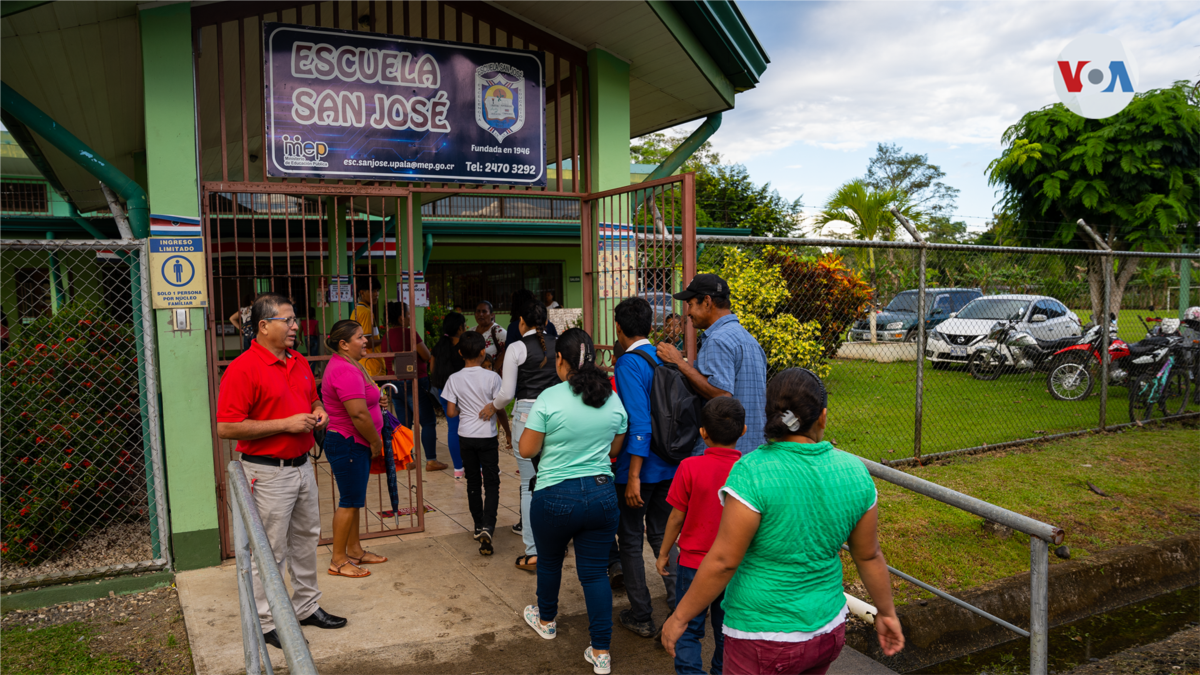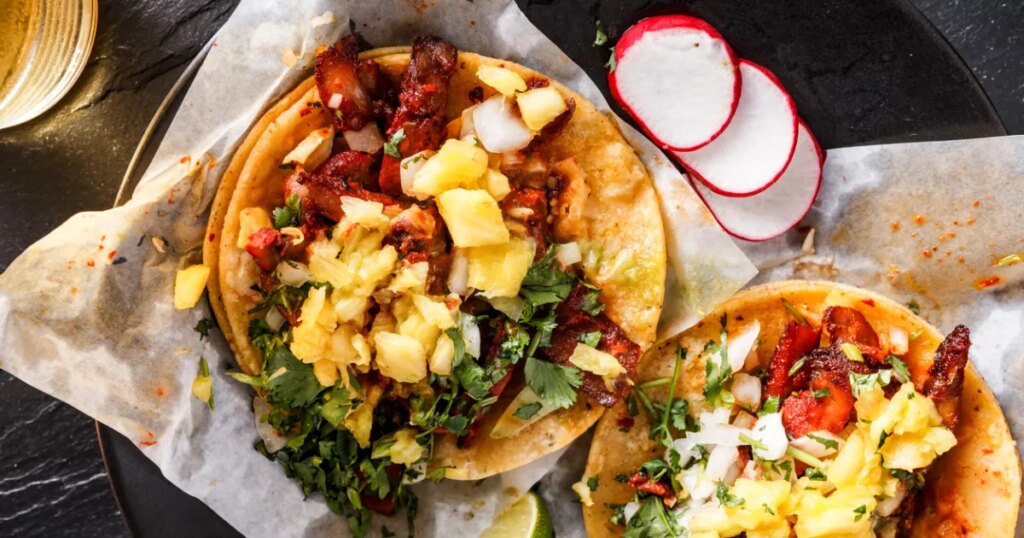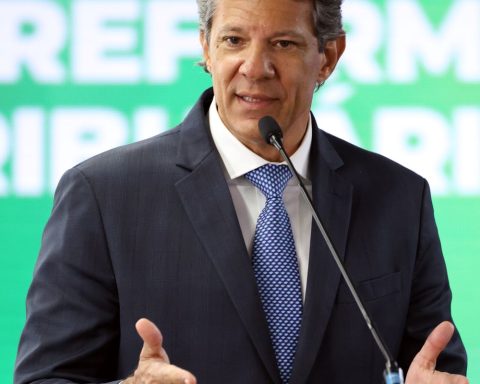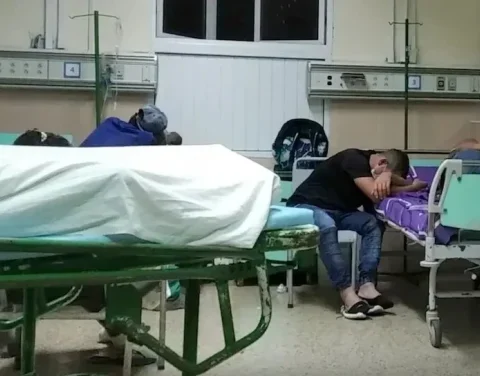Hundreds of children who study at the San José de Upala school, a border area between Costa Rica and Nicaragua, said goodbye to the 2022 school year singing Christmas carols and listening to the emotional words of their teachers, urging them to resume their classes very soon after the holidays end of the year.
Many of them are Nicaraguans who cross the border every day to attend classes, a situation that is far from exceptional in some areas where the proximity between the two countries encourages some minors to cross the border every day to receive an education.
Some Nicaraguans who are in Costa Rica as refugees highlight the opportunities that have been offered to them in the neighboring country.
One of them is Julio César González Robleto, 58, a farmer from Nueva Guinea, a municipality in Nicaragua located in the Autonomous Region of the South Caribbean. González Robleto enrolled two of his children —one 17 years old and the other 9— to study at the San José school, in Upala. He also has a grandson there.
He said that he entered Costa Rica in August 2018 fleeing “the persecution of the dictatorship” and he feels lucky to be able to have his children in school and that “they did not fall behind when studying.”
Despite the difficulties of exile, for our children, “life has not been cut short, thank God,” said the man.
For our children, for our children, life has not been cut short, thank God.”
He says that he sees the panorama of Nicaragua “complicated” to return, and therefore they must “take advantage here that our children study, that they prepare.”
Karen Pineda Ubau, primary and preschool administrator of the San José school in Costa Rica, points out that many migrant children have joined the educational center, to the point that it was necessary to restructure the teaching methodologies to serve them.
“This institution is a cross-border rural school. It receives students of various nationalities, with a predominance of Nicaraguan nationality,” said Pineda Ubau to the Voice of America.
The school has 160 students. Of these, there are some 27 students in refugee status or asylum seekers and others without any condition or status, because they are possibly in some process in relation to their legal situation, said the administrator.
In some activities the Costa Rican national anthem is sung and later the Nicaraguan anthem, so that the students feel at home, said Pineda Ubau.
He also said that minors are given psychological guidance “because some come with some situations in which they have to manage their emotions, their behavior.”
Most of the migrant children who come to study at the San José school come from rural Nicaragua, according to Ubau, and some arrive “with very basic knowledge, when perhaps they come to a higher level of fourth, fifth or sixth grade. degree”.
Denis Segura, educational manager of Upala, assured the VOA that this Costa Rican canton has various migrant populations already established and others that come due to the political processes in Nicaragua. “They are two different versions of the same migration phenomenon,” he said.
Many of these mothers come alone with their children. Many others have been here for a long time”
He comments that recently, together with UNICEF and the Upala Socio-Educational Management Unit, processes to formalize the stay of these children and their mothers began, and around 440 minors were recently regularized, in terms of entering them into a system that little little by little it will assimilate them as part of the national population.
The expert stressed that the situation of children “is extremely vulnerable.”
“Many of these mothers come alone with their children. Many others have been here for a long time, their parents working in agricultural conditions, sometimes exploitative. Situations are not easy, let’s say. Access to the territories is not easy either, so distances also reduce the possibility of educational access,” Segura declared.
José Francisco Urbina Hernández, another Nicaraguan peasant who lives in Upala, in the border area, feels grateful to the educational institutions that have given him the facility for his children to study.
The man has three of his children in school, and a grandson.
“I’m thankful. I think that, as a parent, it is the best option that we should be grateful for that help so that our children can be prepared, ”he emphasized.
More than 50,000 foreign students in Costa Rica
The challenge for these children, according to Pineda Ubau, is that they can reintegrate into the educational system, which is why they carry out extracurricular activities, especially in December, so that they do not feel the absence of their homeland, as he assures that it makes them feel more overwhelmed and has repercussions on their education.
According to the Ministry of Public Education (MEP) of Costa Rica, there are more than 50,000 foreign students enrolled in public educational centers. MEP reports indicate that 79% of students with migrant status come from Nicaragua, around 4% from Venezuela and 2% from Panama.
Connect with the Voice of America! Subscribe to our channel Youtube and activate notifications, or follow us on social networks: Facebook, Twitter and instagram
















